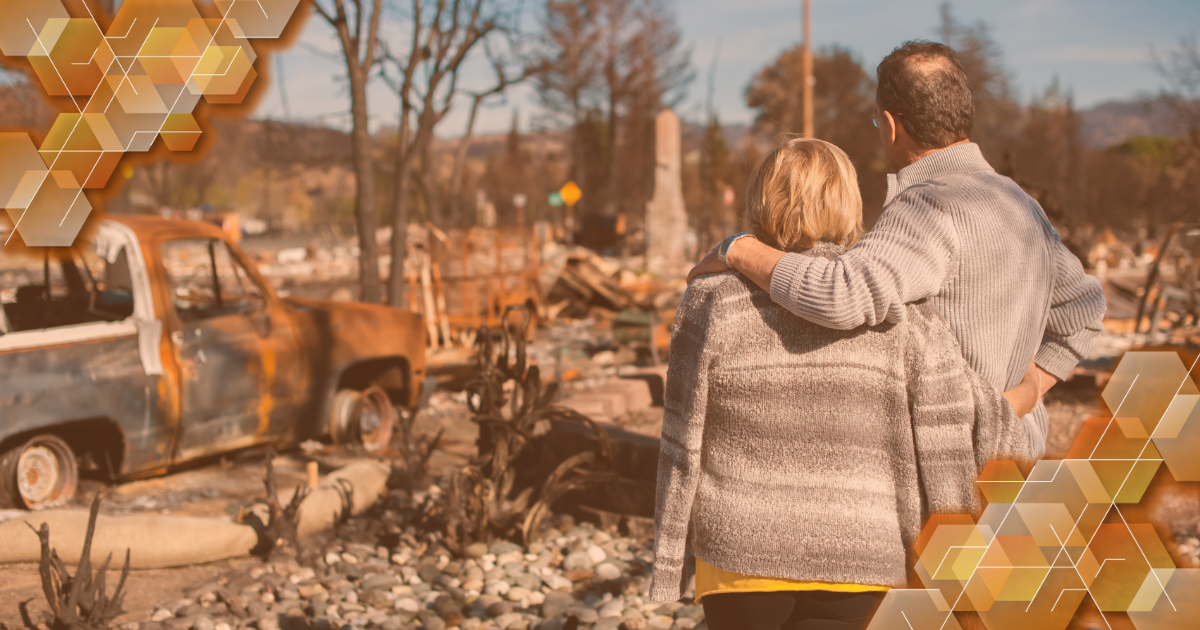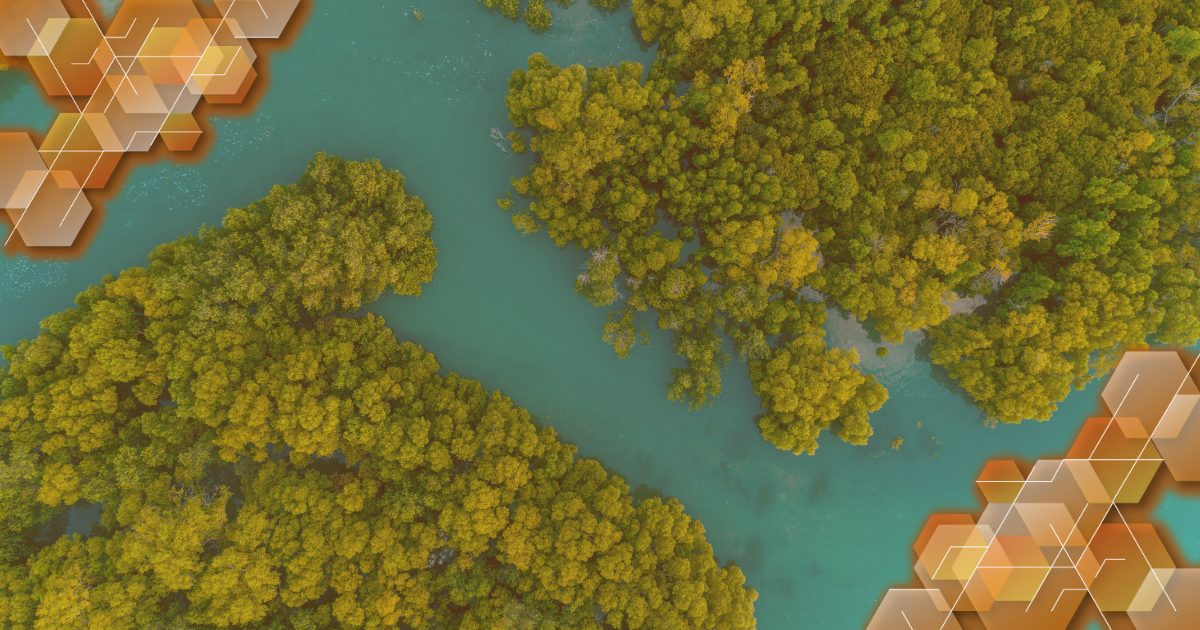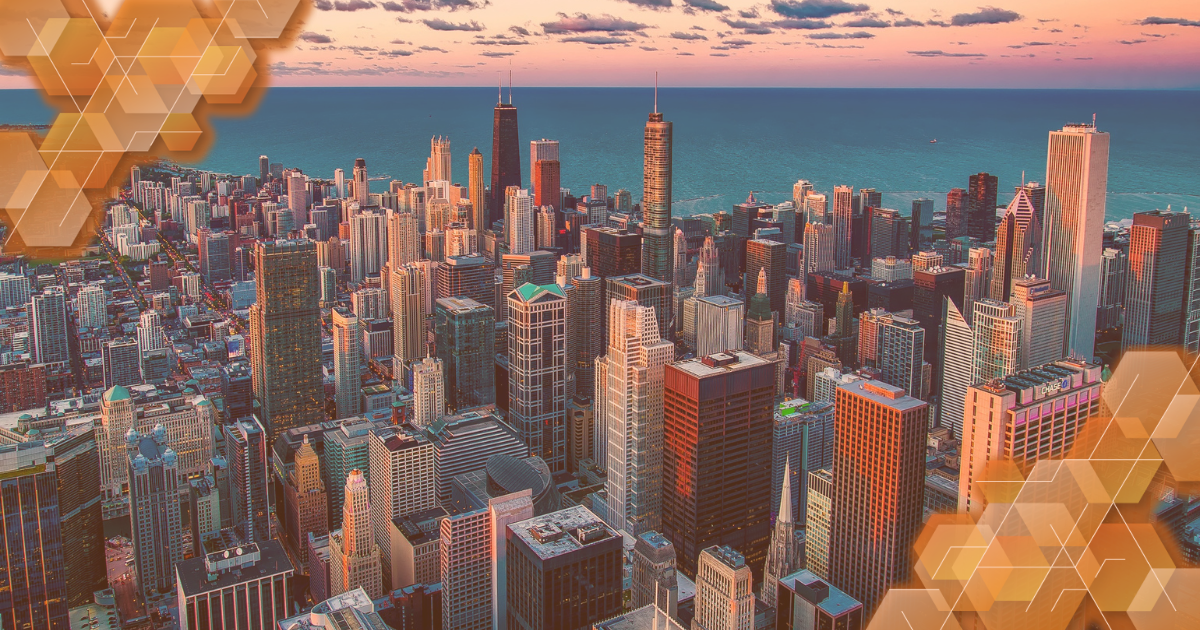
Healthy Ways to Deal with Stress After A Natural Disaster
22 June 2022
Author : Wisnu Pudji Pawestri
Editor : Intan Manikam Asmara
Natural disasters have the potential to produce high levels of stress, anxiety, and anger in those who are affected. They are considered to be traumatic events and can potentially trigger post-traumatic stress disorder (PTSD) in survivors. Unlike other traumatic events, natural disasters can result in tremendous destruction of property and financial loss, which further contributes to stress levels and disrupts coping efforts.
Basically, feeling stressed before or after a traumatic event such as a natural disaster is normal. But, this stress becomes a problem when we are unable to cope well with it and when the stress gets in the way of taking care of ourselves and family, going to school, or doing our jobs. Coping well with stress begins with recognizing how we are reacting and then by taking steps to manage our reactions in a healthy way. Here are some healthy ways you can deal with stress after a natural disaster:
1. Focus on self-care
Self-care is integral to emotional and physical health. Caring for your body, mind, and spirit can increase your ability to cope with stress. Make sure you eat well, get enough sleep, exercise, and give yourself a break if you feel stressed out.
2. Seek out and connect with social support
Research has consistently found that early intervention, resources, and support from others can be a major factor in helping people overcome the negative effects of a traumatic event and increased psychological resilience. Given that a natural disaster can impact an entire community, your support system may be weakened by a natural disaster. However, even connecting with one person can make a difference.
3. Talk to others
Share your feelings with others, or at the very least, find some way to express your emotions. A natural disaster can result in strong feelings of anger, anxiety, and sadness. These emotions need to be expressed. If you hold them in, they may get more intense.
4. Try to establish a schedule
For example, set regular times for meals, waking up in the morning, or talking with family and friends. A natural disaster can greatly disrupt your regular schedule increasing the extent to which your life feels chaotic and out of control. Coming up with a daily, structured schedule can help you establish a sense of predictability and control.
5. Find ways to help others
Helping others can provide you with a sense of agency, purpose, control, and empowerment.
6. Recognize when you need more help
If problems continue or you are thinking about suicide, talk to a psychologist, social worker, or professional counselor.
-----
References
-
Tracy M, Norris FH, Galea S. Differences in the determinants of posttraumatic stress disorder and depression after a mass traumatic event. Depress Anxiety. 2011;28(8):666-75. doi:10.1002/da.20838
-
Warsini S, West C, Ed tt GD, Res meth GC, Mills J, Usher K. The psychosocial impact of natural disasters among adult survivors: an integrative review. Issues Ment Health Nurs. 2014;35(6):420-36. doi:10.3109/01612840.2013.875085
-
Hackbarth M, Pavkov T, Wetchler J, Flannery M. Natural disasters: an assessment of family resiliency following Hurricane Katrina. J Marital Fam Ther. 2012;38(2):340-51. doi:10.1111/j.1752-0606.2011.00227.x
-
Feder A, Ahmad S, Lee EJ, et al. Coping and PTSD symptoms in Pakistani earthquake survivors: purpose in life, religious coping and social support. J Affect Disord. 2013;147(1-3):156-63. doi:10.1016/j.jad.2012.10.027
-
Rodriguez-Llanes, J.M., Vos, F. & Guha-Sapir, D. Measuring psychological resilience to disasters: are evidence-based indicators an achievable goal?. Environ Health 12, 115 (2013). https://doi.org/10.1186/1476-069X-12-115
-----
Additional information:
The contents of the article, both the chosen point of view and the ideas included are the full responsibility of the author. This article is not intended to convey the official views of CARI





